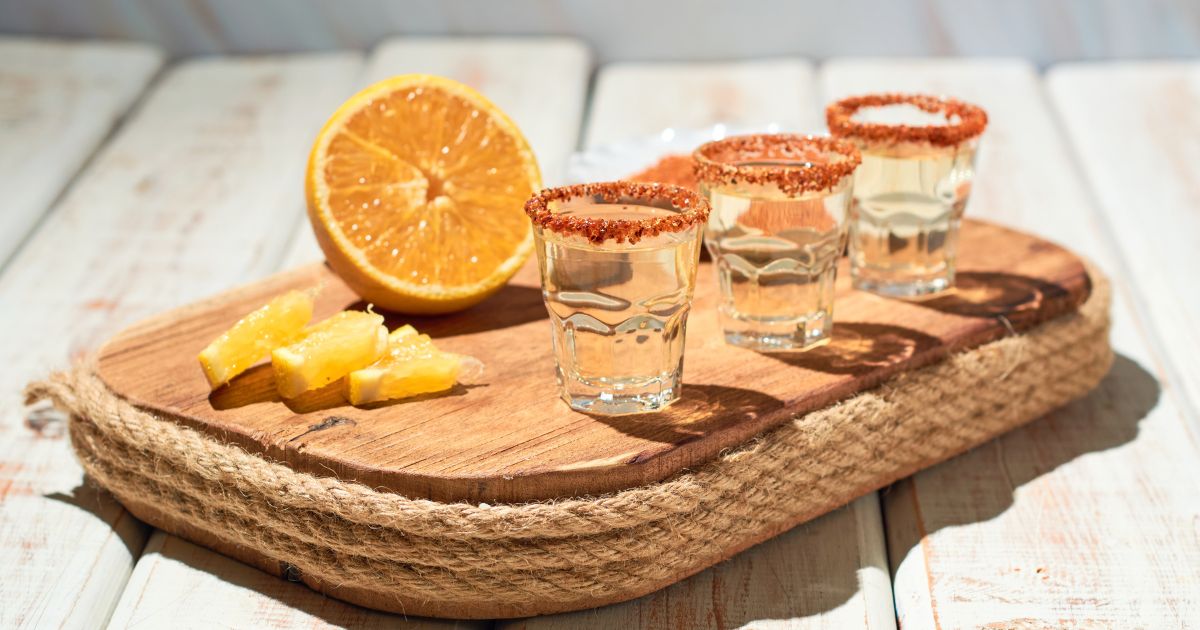The mezcal market encompasses the production, distribution, and consumption of mezcal, a distinctive Mexican spirit known for its artisanal production methods and complex flavors. Mezcal is a distilled alcoholic beverage made from the agave plant, primarily the species Agave angustifolia (espadín) and other regionally specific agave varieties. It holds a significant cultural and economic importance within Mexico and is increasingly gaining popularity on the global stage.
Market Overview
Mezcal stands out from other spirits due to its traditional production techniques, which involve roasting the agave hearts (piñas) in underground pits, imparting a unique smoky flavor. The mezcal market includes a diverse range of products, from small-batch artisanal mezcals crafted by local producers to commercially produced brands targeting international markets.
Production Process
Agave Harvesting and Roasting
The production of mezcal begins with the harvesting of mature agave plants, typically after 7-10 years of growth. The piñas are harvested by jimadores (agave harvesters) and then roasted in earthen pits lined with volcanic rocks and heated with wood. This roasting process lasts several days, contributing to mezcal’s distinctive flavor profile.
Grinding, Fermentation, and Distillation
After roasting, the piñas are crushed, traditionally using a stone wheel called a tahona or more commonly with mechanical shredders, to extract the juice or aguamiel. The aguamiel is then fermented naturally in wooden vats or stainless steel tanks, where wild yeasts transform sugars into alcohol over several days. Finally, the fermented liquid is distilled in copper or clay pot stills, producing mezcal with varying alcohol content and flavor profiles.
Types of Mezcal
- Joven (Young): Unaged mezcal that retains the raw, intense flavors of the agave.
- Reposado (Aged): Mezcal aged in oak barrels for several months to a year, imparting a smoother taste and additional complexity.
- Añejo (Extra Aged): Mezcal aged for over a year, often showcasing deeper flavors and aromas from prolonged barrel aging.
Market Dynamics
Global Consumption Trends
The mezcal market has witnessed significant growth driven by increasing consumer interest in artisanal spirits, craft cocktails, and cultural experiences. The United States, Europe, and Canada are key export markets, with consumers appreciating mezcal’s authenticity, craftsmanship, and ties to Mexican heritage.
Sustainability and Certification
Sustainability practices in agave cultivation and mezcal production are becoming crucial as demand rises. Organizations like the Consejo Regulador del Mezcal (CRM) oversee certification processes, ensuring adherence to production standards and promoting environmental stewardship among mezcal producers.
Key Players
The mezcal market features a blend of traditional family-owned distilleries (palenques), emerging craft brands, and established spirits companies. Leading mezcal brands often emphasize their artisanal roots and commitment to preserving traditional production methods while meeting global quality standards.
Challenges
Despite its growing popularity, the mezcal market faces challenges such as agave scarcity due to overharvesting, fluctuating export regulations, and competition from other spirits categories. Producers and regulatory bodies are collaborating to implement sustainable agave management practices and protect mezcal’s cultural heritage.
Future Outlook
The future of the mezcal market looks promising with ongoing innovation in production techniques, increased international distribution channels, and rising consumer appreciation for premium and authentic spirits. As global awareness of mezcal expands, the market is expected to continue growing, presenting opportunities for sustainable development and cultural exchange.
